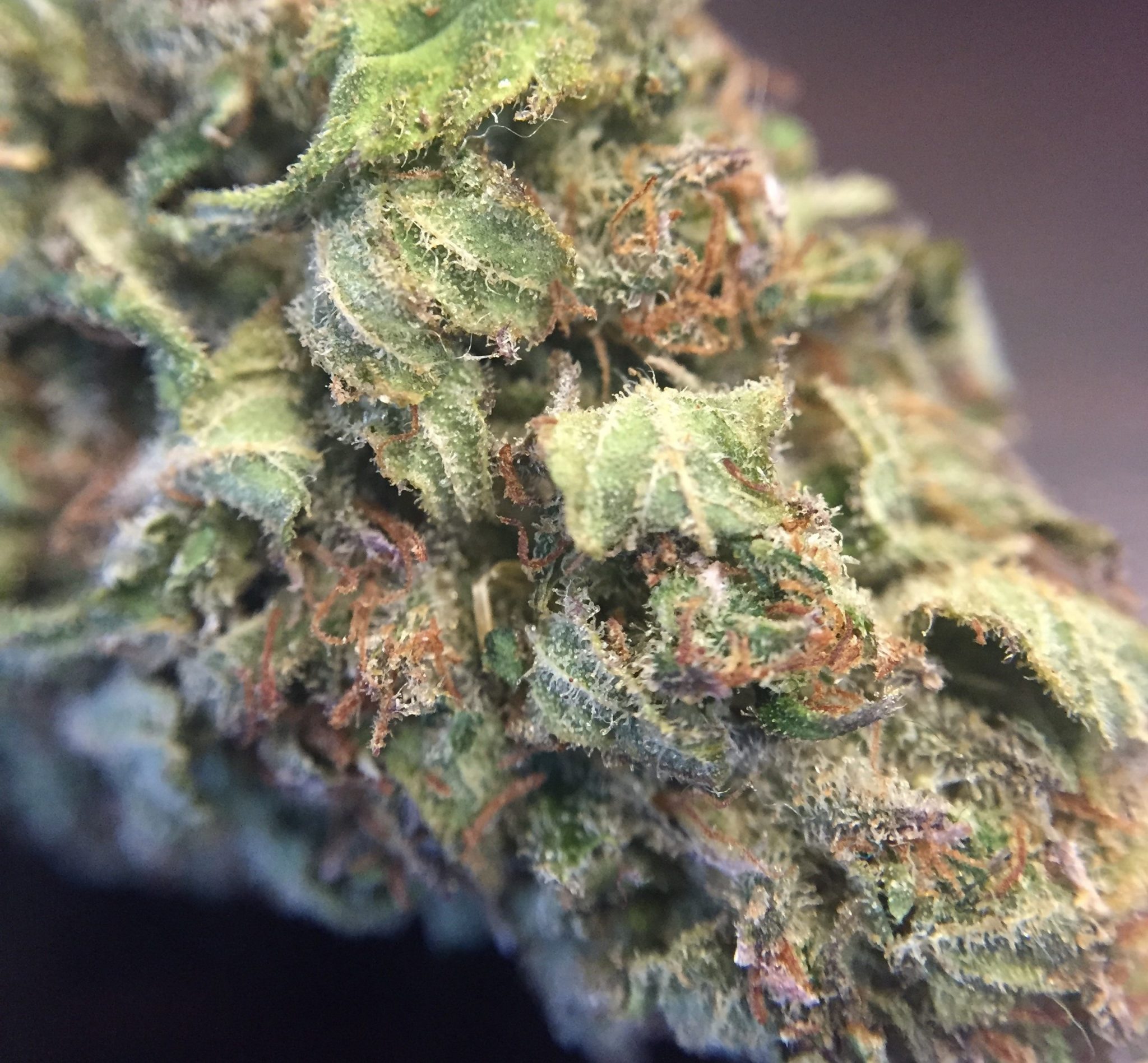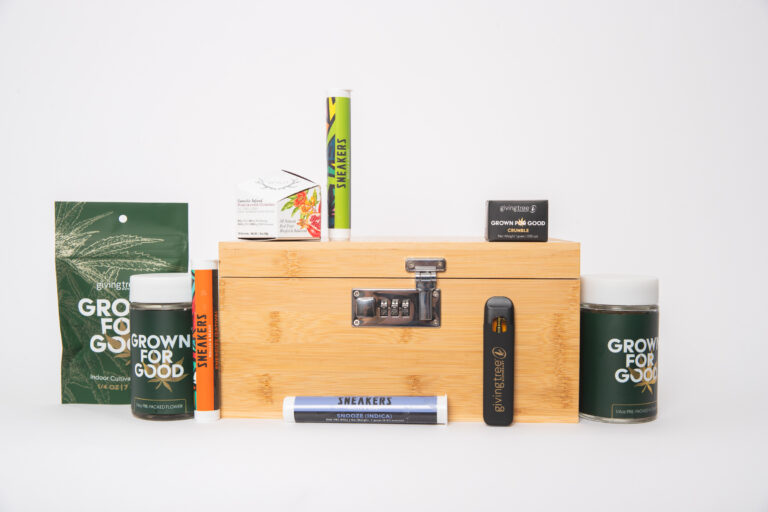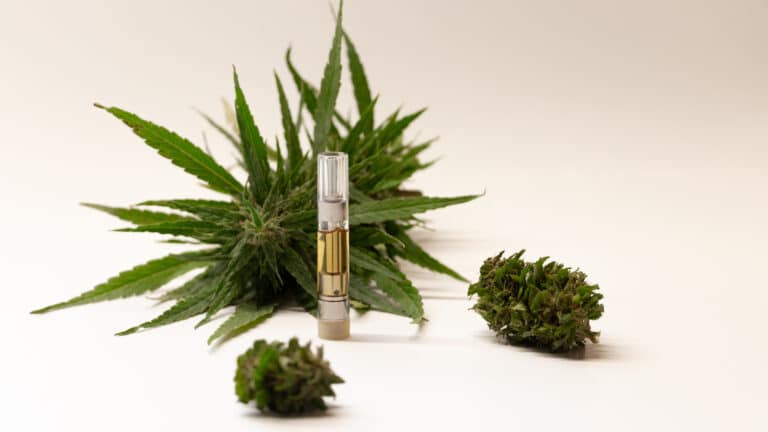 We’ve been seeing so much progress in medical marijuana policy lately! Public opinion on cannabis has changed drastically in the last few decades. Federally-fueled fear and misinformation is being replaced, one step at a time, by education and solid facts. Acceptance of MMJ is an idea that sits well with Americans. We’re moving forward as a nation, and we love it. It’s important not to get carried away with all the new and wonderful strains, edibles, tinctures, and other forms of MMJ. They can be wonderful and beneficial, and they can absolutely be destructive and harmful in the wrong hands. Marijuana addiction is a touchy subject, but let’s speak openly on it together: While marijuana use may not come with the physical withdrawal symptoms of opiates and barbiturates, it is hard to deny that someone who continuously overmedicates will have withdrawal symptoms. No, you won’t suffer from delirium if you stop smoking, but it is entirely possible to experience anxiety, irritability, mood swings, social withdrawal, insomnia, etc. What we’re getting at here is that self-control and being able to recognize whether you’re overmedicating is crucial to being an MMJ patient. It’s common to encourage each other to watch our fat and sugar intake, and to change our eating habits if we are becoming unhealthy, so why not encourage each other to change our habits if we are growing too dependent on cannabis?
We’ve been seeing so much progress in medical marijuana policy lately! Public opinion on cannabis has changed drastically in the last few decades. Federally-fueled fear and misinformation is being replaced, one step at a time, by education and solid facts. Acceptance of MMJ is an idea that sits well with Americans. We’re moving forward as a nation, and we love it. It’s important not to get carried away with all the new and wonderful strains, edibles, tinctures, and other forms of MMJ. They can be wonderful and beneficial, and they can absolutely be destructive and harmful in the wrong hands. Marijuana addiction is a touchy subject, but let’s speak openly on it together: While marijuana use may not come with the physical withdrawal symptoms of opiates and barbiturates, it is hard to deny that someone who continuously overmedicates will have withdrawal symptoms. No, you won’t suffer from delirium if you stop smoking, but it is entirely possible to experience anxiety, irritability, mood swings, social withdrawal, insomnia, etc. What we’re getting at here is that self-control and being able to recognize whether you’re overmedicating is crucial to being an MMJ patient. It’s common to encourage each other to watch our fat and sugar intake, and to change our eating habits if we are becoming unhealthy, so why not encourage each other to change our habits if we are growing too dependent on cannabis?
HOW DO I KNOW IF I’M USING MARIJUANA TOO MUCH?
There’s no one way to answer this. Everyone is affected differently by medication and some more serious illnesses or diseases will require much more usage than others. A good rule of thumb is to ask yourself: Can I go without? If you find yourself avoiding situations where you’re unable to smoke, are becoming increasingly anti-social, or are are becoming unstable and unreliable in your personal and work life, it could be time for you to seriously think about reducing your usage. It takes courage to admit when we have a problem. It’s easy to trivialize or dismiss addiction concerns, but being aware of our limits and weaknesses is what helps us become stronger, healthier, happier patients.
WHAT SHOULD I DO IF I THINK I HAVE A MARIJUANA ADDICTION?
The worst thing you can do is wait until the problem becomes more severe. If you’re ready to talk things through, contact Marijuana Anonymous, a fellowship of men and women dedicated to sharing experience and hope with each other while on the road to recovery. Overcoming addiction is never easy, but group support is enormously beneficial and can provide a strong network of friends and allies. Marijuana Anonymous follows a 12-step program and holds regular support meetings. If you feel you need to halt your marijuana use or think that is has too much control over your day-to-day life, SEEK HELP. There is no reason a patient should have to suffer through addiction. Patients with addiction concerns and questions are always welcome to schedule a consultation at Giving Tree. Our patients are like our family, and we want you to be well! Let’s be healthy together!
For more information on marijuana addiction, visit www.marijuana-anonymous.org


